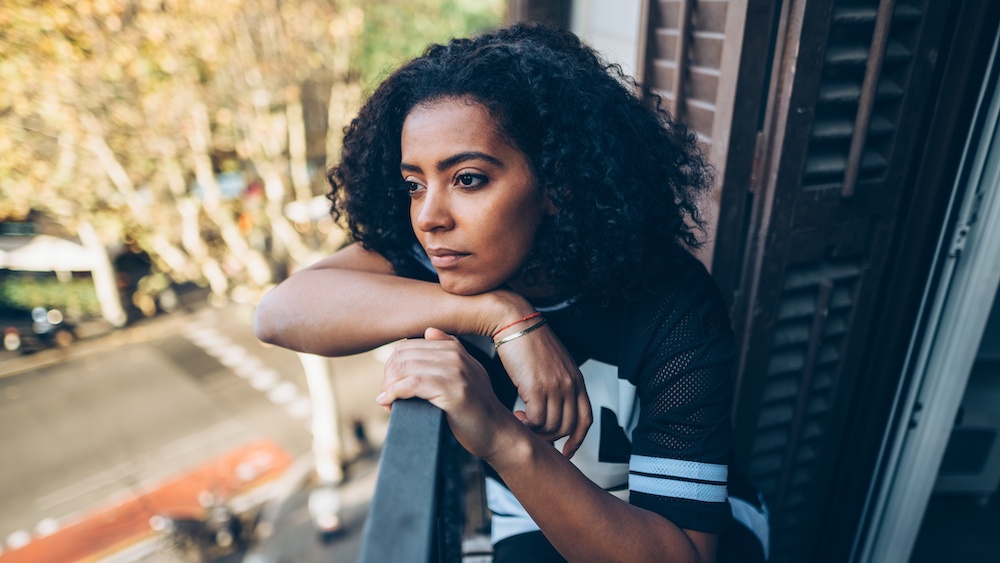If you’re interested in sharing your opinion on any cultural, political or personal topic, create an account here and check out our how-to post to learn more.
____
As anti-abortion politicians scramble to find new, more insidious ways to turn a global health crisis into an excuse to restrict health care, for Pennsylvanians who rely on Medicaid, these new attempts to further restrict abortion might seem antiquated. That’s because, for all practical purposes, many low-income women haven’t had access to abortion since 1985, when Pennsylvania banned Medicaid coverage of abortion care.
Restrictions on abortion coverage have a shameful and disproportionate impact on low-income women, Black women and women of color. That’s why, New Voices for Reproductive Justice, supported by In Our Own Voice: Black Women's Reproductive Justice Agenda, and joined by 26 organizations from Pennsylvania and across the country, filed an amicus brief, on May 15, 2020, in support of Allegheny Reproductive Health Center, the petitioners in Allegheny Reproductive Health Center et al v. Pennsylvania Department of Human Services et al. That lawsuit challenges the Pennsylvania statute banning abortion coverage under Medicaid. As the amicus brief explains, this ban not only violates the constitutional rights of all people who rely on Medicaid for their health coverage — but it is particularly harmful to Black women, girls and gender non-conforming people.
The Pennsylvania Equal Rights Amendment assures — and demands — gender equality in all state programs. As the petitioners in this case argue, the state's refusal to cover abortion care is gender-based discrimination. Black people nationally, and in Pennsylvania, already experience worse health outcomes than their white counterparts. According to the Centers for Disease Control, African Americans are twice as likely to die at earlier ages from all causes. Only 11% of Pennsylvania women are Black, but we account for 31% of all pregnancy-related deaths, the direct result of harmful barriers to health coverage and care.
Because of structural racism and gender inequities, these health disparities affect Black women and girls regardless of socio-economic status, yet are compounded for people who need publicly-funded health care. While low-income people who receive health insurance through Medicaid are more likely to experience gaps in contraception use that put them at risk of unintended pregnancy, Black women and girls are disparately likely to experience those gaps, regardless of income level. Additionally, the disparate health risks for Black women have become even more obvious as COVID-19 has shown that structural inequality uniquely exposes Black communities to heightened risks of economic strain, health inequities and death. The pandemic has also increased the need for — and challenges to — obtaining abortion care.
Black women are more likely to experience income and wealth disparities as well, making us more likely to need Medicaid coverage for health care, including abortion care. Nationally, 31% of Black women of reproductive age are enrolled in Medicaid, as compared with 16% of white women. In Pennsylvania, 43% non-elderly Black Pennsylvanians rely on Medicaid, compared to only 16% of white people. Black women also experience disparate economic insecurity, including pay inequity, work that does not pay a living wage and wealth disparities. Given these inequities, it is not surprising that Medicaid enrollees are disproportionately women of color who are less likely to be able to afford out-of-pocket cost for an abortion.
The ban on abortion care coverage under Pennsylvania’s Medicaid program means that Black women and girls who need abortion care are forced either to forego care, or delay abortion services while they attempt to raise the money to cover costs. Ultimately, delay or denial of abortion care threatens the wellbeing of the person who needs an abortion. We urge the court to overturn antiquated bans and ensure Medicaid coverage for abortion care in Pennsylvania.
As the home state of the Liberty Bell, we owe it to ourselves and the country to protect freedom and fight for Reproductive Justice.
____
La'Tasha D. Mayes is President and CEO of New Voices for Reproductive Justice.
